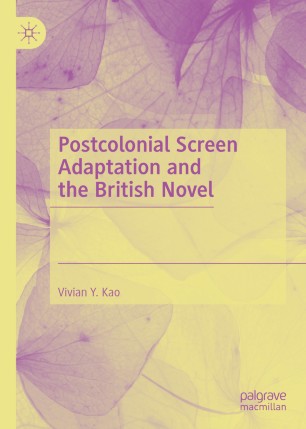

Most ebook files are in PDF format, so you can easily read them using various software such as Foxit Reader or directly on the Google Chrome browser.
Some ebook files are released by publishers in other formats such as .awz, .mobi, .epub, .fb2, etc. You may need to install specific software to read these formats on mobile/PC, such as Calibre.
Please read the tutorial at this link: https://ebookbell.com/faq
We offer FREE conversion to the popular formats you request; however, this may take some time. Therefore, right after payment, please email us, and we will try to provide the service as quickly as possible.
For some exceptional file formats or broken links (if any), please refrain from opening any disputes. Instead, email us first, and we will try to assist within a maximum of 6 hours.
EbookBell Team

4.7
26 reviewsThis book brings film adaptation of literature to bear on the question of how nineteenth-century imperial ideologies of progress continue to inform power inequalities in a global capitalist age. Not simply the promotion of general betterment for all, improvement in the British colonial context licensed a superior “master race” to “uplift” its colonized populations—morally, socially, and economically. This book argues that, on the one hand, film adaptations of nineteenth-century novels reveal the arrogance and coercive intentions that underpin contemporary notions of development, humanitarianism, and modernity—improvement’s post-Victorian guises. On the other hand, the book also argues that the films use their nineteenth-century source texts to criticize these same legacies of imperialism. By bringing together film adaptation, postcolonial theory, and literary studies, the book demonstrates that adaptation, as both method and cultural product, provides a way to engage with the baggage of ideological heritage in our contemporary global media environment.